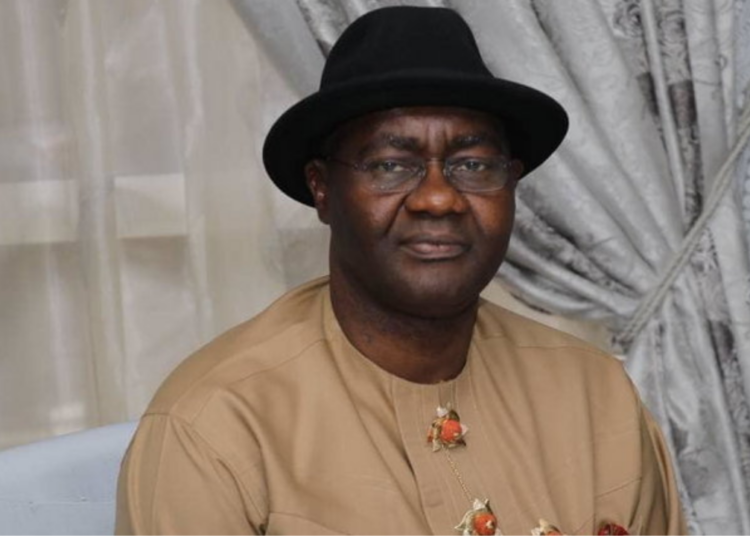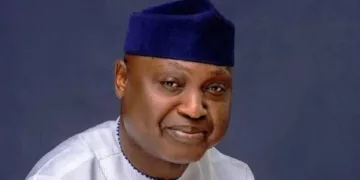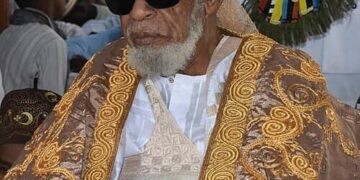Former federal lawmaker, Senator Magnus Abe, has praised President Bola Tinubu for bestowing a posthumous honour on four late Ogoni leaders, saying the President’s long-standing involvement in pro-democracy struggles makes the recognition deeply symbolic for the Ogoni people.
Speaking on Channels Television’s ‘Politics Today’ on Wednesday night, Abe said Tinubu’s history with the pro-democracy National Democratic Coalition (NADECO) in the 1990s placed him side by side with the Ogoni cause, as both movements were rooted in resistance against military oppression and the fight for justice.
“We are lucky to have a president who knows about the struggle and was part of it himself because the Ogoni struggle and the NADECO struggle were about the same issue, and about the same time, and the military was involved,” Abe said.
The recognition, he noted, marks a milestone in healing divisions among the Ogoni people.
“What happened today was a defining moment to get these families working together for the interest of Ogoni. The President had recognised the Ogoni Nine which is on the other side of the divide, the effort had been to get an Ogoni 13, and these families have met and reconciled to work together for the progress of Ogoni. So what happened to recognize late Chief Edward Kobani, Chief Samuel Orage, Chief Theophilus Orage and Albert Badey, the former Secretary to the Government of Rivers State—we are grateful to President Tinubu for bringing these families together in order to put the demons of the past behind us.”
The “Ogoni Nine,” which included writer and activist Ken Saro-Wiwa, were executed by Nigeria’s military regime in 1995 after a controversial trial, sparking global outrage.
Their deaths left a deep wound within the Ogoni community, splitting families and allies between those aligned with Saro-Wiwa and those accused of opposing him. Abe said Tinubu’s decision to honour both sides of the divide has opened the way for reconciliation.
“Some of us know all these people externally, they are our friends, family members, brothers and sisters on both sides. We don’t need to go back to the issues, the bitterness and frustrations that led to the division of the Ogoni of that time. Our focus now is how to rebuild the land and use our God-given resources for the benefit of our people,” he added.
Abe drew parallels between Nigeria’s unresolved divisions and historical struggles elsewhere.
“There’s no part of this world that doesn’t have a dark past. If you look at the U.S, they’re still battling with the divide of slavery that happened in the past,” he said.
Abe stressed that President Tinubu’s background as a NADECO leader in exile, who opposed military dictatorship in the 1990s, made him uniquely positioned to appreciate the Ogoni struggle.
“Both the Ogoni struggle and NADECO’s struggle were about human rights, justice, and resistance against military excesses.
“The President understands this history because he was part of it,” Abe stated.




